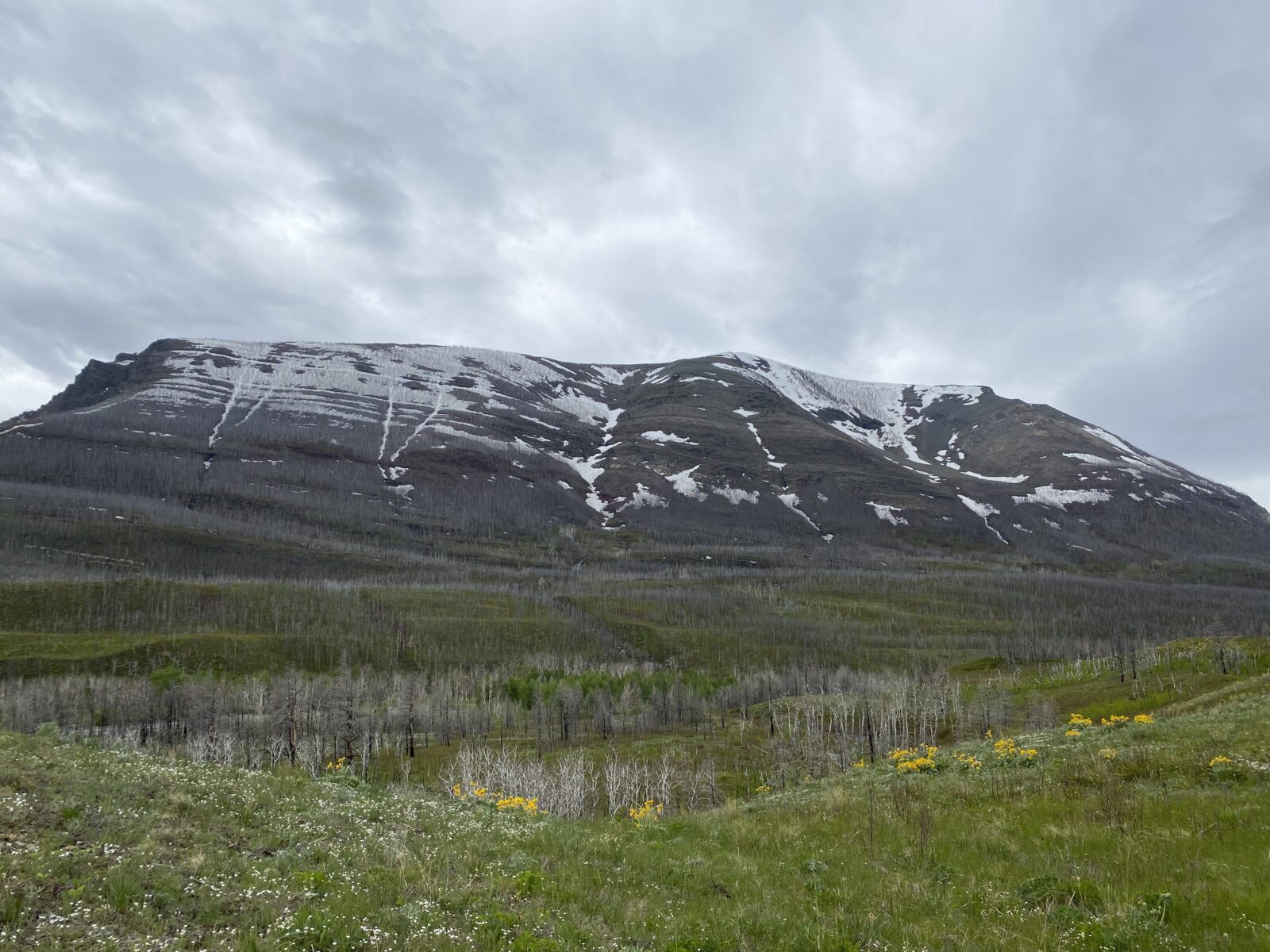I’ve been on the road in British Columbia and Alberta for almost two weeks now, and haven’t bought anything more than two pairs of earrings. Anyone who knows me probably are a bit surprised it was only two, but even those shiny little things are losing some appeal. After all, I only have two earlobes, and I often regret having to choose between several pairs I already have that both look great with what I am wearing. I joke about “need” having absolutely nothing to do with most purchases, and though that is true, even wanting something is rarely strong enough an impetus now to pull out the credit card.
I have lived in Victoria almost two years now and I have yet to do any serious clothes shopping. There are so many boutiques filled with things that are just my style, but so far I just haven’t been that interested. This is largely because with the way I live now, anything I buy will have one of two fates. Either I will lug it with me when I move, or it will sit in storage. Those are pretty big hurdles for any potential purchases, and most things just get put back.
This is not to say I haven’t bought quite a few things in two years, but only because I started from pretty close to zero when it came to suitable clothing and supplies for living in a place where the weather similar to San Diego lasts, oh maybe three months tops, and in 2022 regrettably hasn’t even arrived as we approach the summer solstice. But I really do have everything I need now, and what I could use (a different standard) is now down to a couple of things I will buy if I stumble upon them but I won’t actually make a point of looking for.
I was reading an article this morning by a minimalist who wrote about what she is really most glad she kept, and it got me to thinking about my own “must haves.” Other than suitable clothing, groceries, and the things I can count on being in any place I rent, here they are:
- 1. My blender. One of the two items I dearly miss when I travel. I do smoothies almost every morning my way. i almost never buy them, because they aren’t exactly what I want.
- 2. My collapsible microwave popcorn maker—my other dearly missed item. I often just have popcorn in the evening if I have had enough to eat that day.
- 3. Jewelry! My jewelry is the scrapbook of my life.
- 4. My desktop computer and printer. The printer doesn’t get used that much, but wow, is it inconvenient not to have it.
- 5. My own TV. I bought a small, high def television to help my astigmatism, to be able to have it where I want, and to avoid having to figure out the bells and whistles of the one in the place I am living.
- 6. My waterpik. The funniest thing I ever heard an author say to the ubiquitous question about her biggest piece of advice to other writers, was “floss regularly.” I agree.
- 7. My electronic photo frame. It reminds me how blessed I am every day.
I bring more things with me—the books of the moment, supplies, and personal items mostly—and there are a few things that will make it onto the ‘must have” list in the unlikely event they don’t come with the rental. I have to have a way to make excellent coffee (usually I bring my own even if there is something decent there). I need good hair products, not whatever bargain basement stuff they might supply, I need back support pillows because many places don’t even have one ready-made great place to sit. I also bought one of those little electric coolers that work with ice cubes to cool just an immediate space around me—helpful with the heatwaves in a place where air conditioning is rare. Fluffy slippers and candles for winter nights. And, of course the final must have—a corkscrew! Come on over for wine and popcorn! I’ll even give you the best place to sit.

